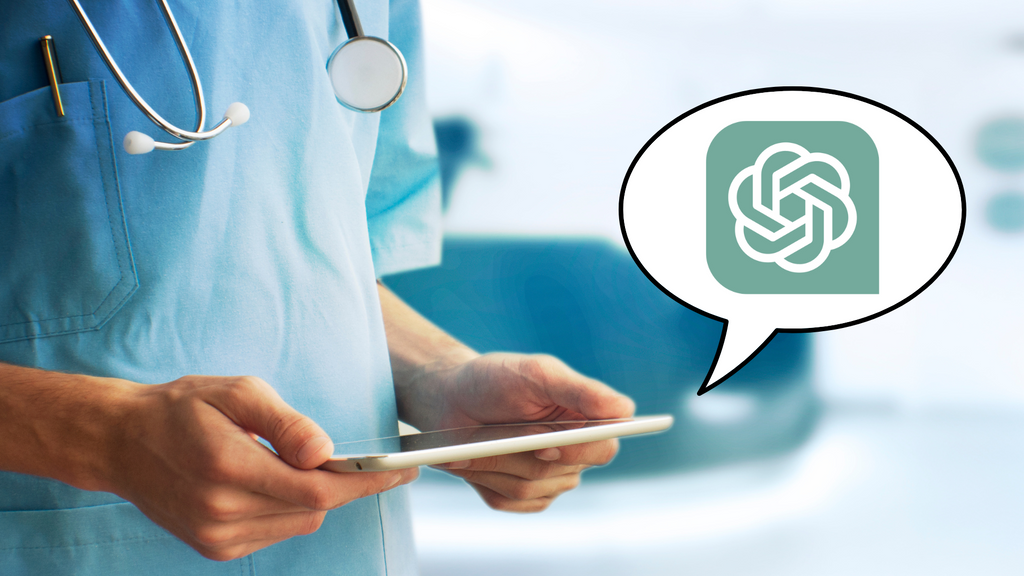Healthcare is rapidly evolving with the integration of Artificial Intelligence (AI), and Belgium is no exception.
The use of AI is gaining particular traction in the field of radiology, especially in breast cancer screening. Could AI eventually replace medical professionals altogether?
A collaborative study involving the EpiCURA Hospital, the University of Mons, the CHU Saint-Pierre and the Foch Hospital in Paris sought to address this question, focusing on the use of ChatGPT in real clinical cases.
ChatGPT diagnoses 45 patients
In this study, researchers provided AI with symptoms and clinical examination results from 45 patients who had sought consultations in general medicine or ENT. ChatGPT's task was to formulate diagnoses, suggest additional tests and propose treatments. The outcomes of this study proved intriguing.
ChatGPT demonstrated a commendable ability to diagnose conditions, even presenting alternative diagnoses if the initial one was incorrect. It achieved an accuracy rate of over 60%. ChatGPT was also able to generate differential diagnoses, irrespective of the complexity of the clinical case.
Related News
- One third of Belgian companies recruits with AI
- Artificial intelligence: Good for speeches in the EU but not for legal conclusions
Jérôme Lechien, a professor at the University of Mons and an ENT surgeon, highlighted this strength in a recent interview with RTBF, stating that ChatGPT provides a comprehensive list of potential additional examinations. This empowers healthcare providers to select the most appropriate tests based on the patient's condition.
However, there are areas where AI tools like ChatGPT fall short. It tends to recommend excessive and often unnecessary additional examinations and treatments. It struggles to discern between "useful treatment" and "unnecessary treatment," acting more like an expansive encyclopaedia rather than effectively identifying the most relevant approaches. Furthermore, it may lack the most current information on certain diseases and sometimes attempts to connect all of a patient's health issues to a single diagnosis, even when not warranted.
On the cusp of a revolutionary AI era
Nevertheless Lechien seems to think that we are at the cusp of a revolutionary era in medicine, with AI poised to enhance the quality of care provided by medical professionals. AI has the real potential to optimise medical practices, particularly in sectors facing shortages.
Some medical centres have already adopted AI for triaging patients in emergency departments, interpreting medical scans and analysing tissue samples for diseases. Future iterations of AI could tap into vast repositories of health records to tailor treatments based on individual genetic profiles.
However, Lechien emphasises that AI should not replace jobs but rather elevate medical care. Achieving this goal requires appropriate legislation and oversight, ensuring that the integration of AI benefits rather than displaces human expertise, creating a symbiotic relationship between AI and medical professionals.

